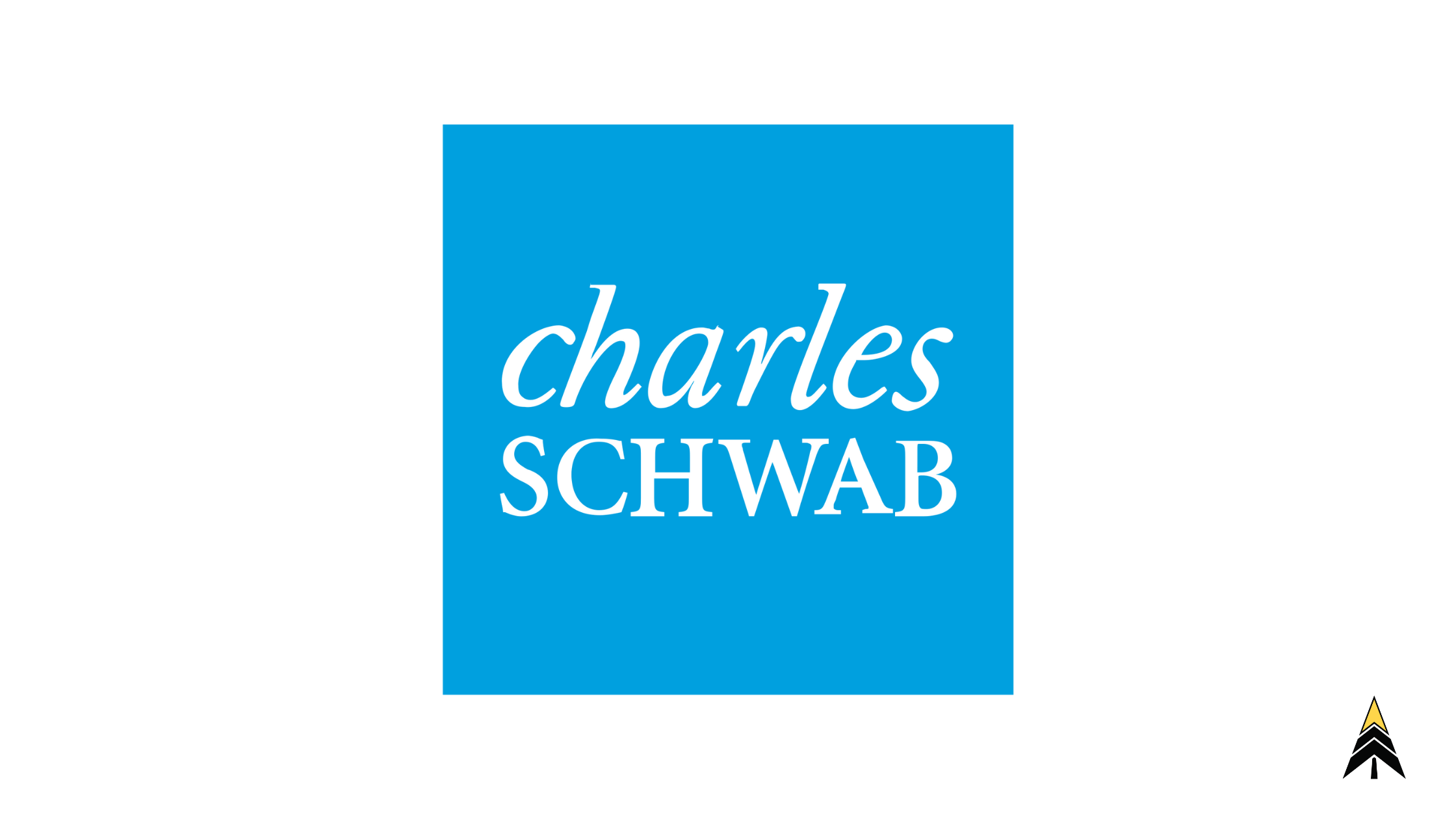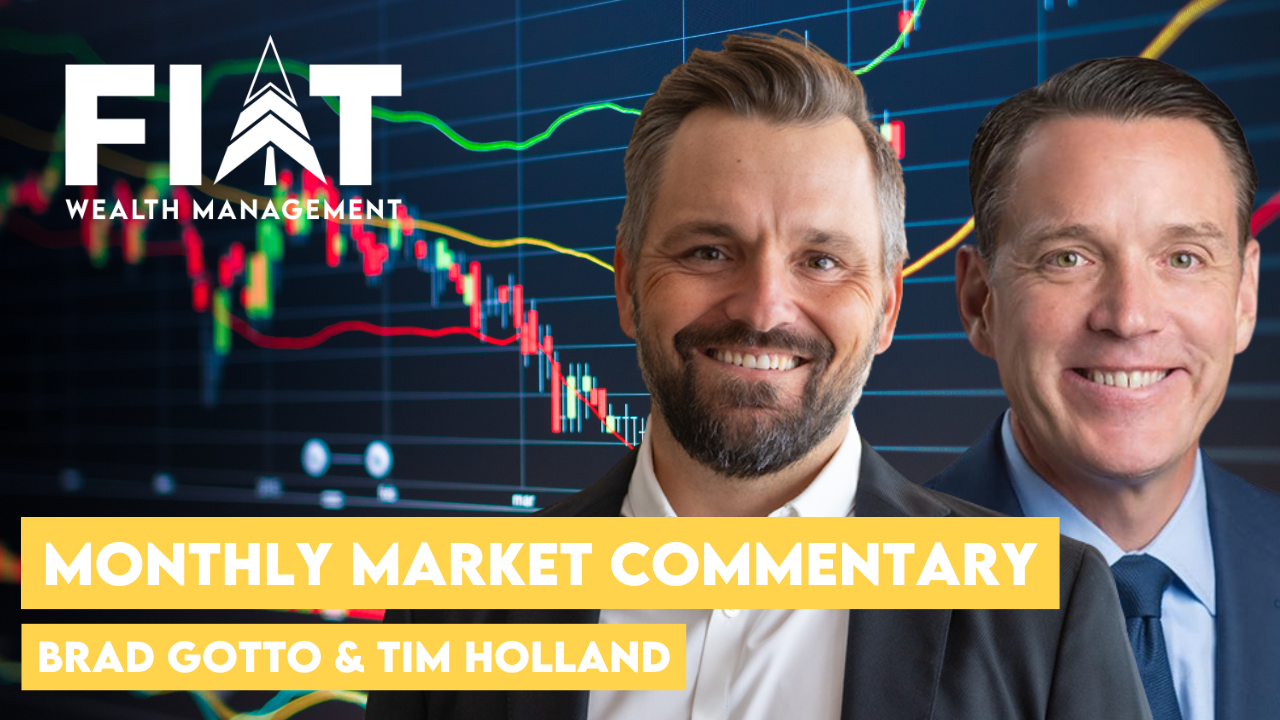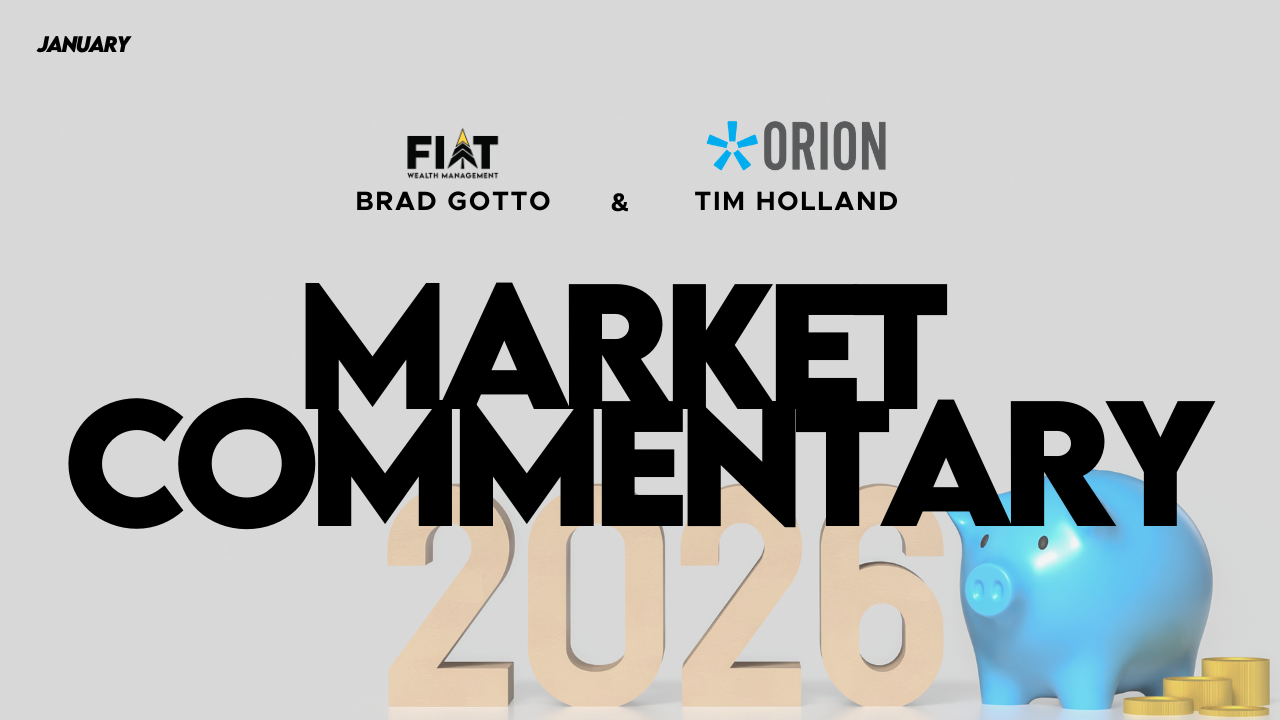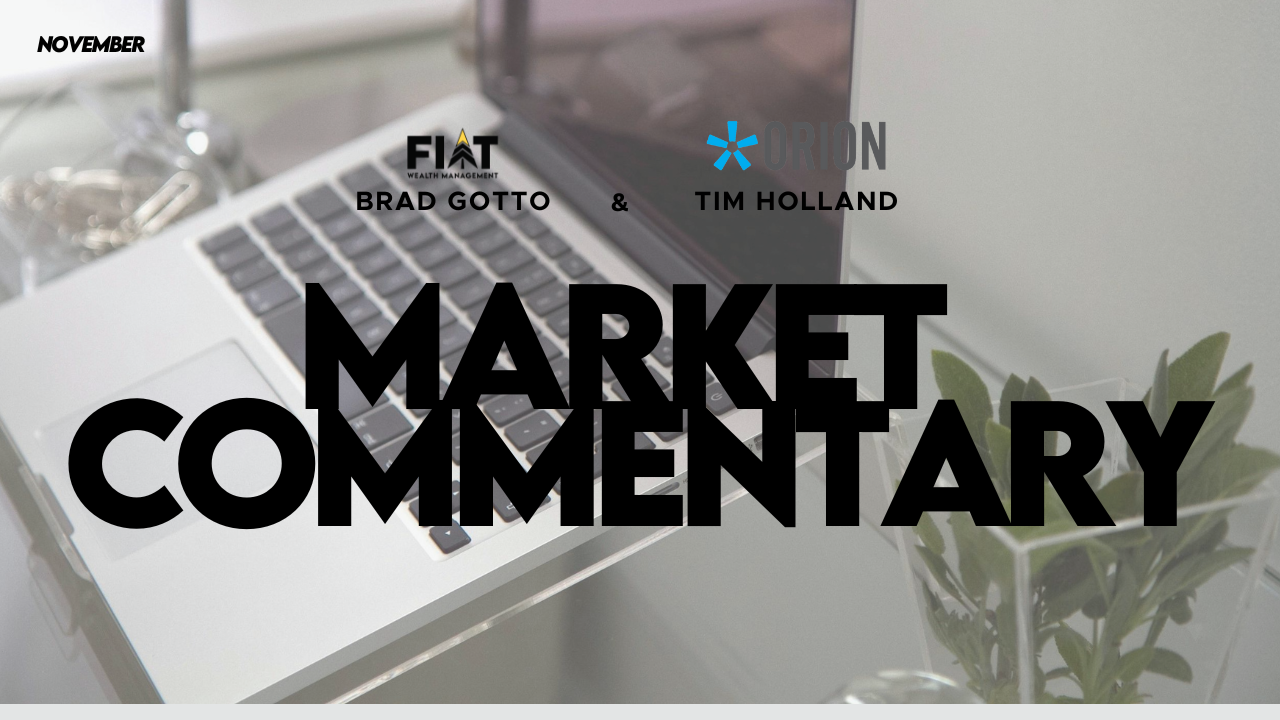You’ve been saving for this moment your whole life. With great anticipation and maybe some unease you will now switch from saver-mode to spender-mode. It is a moment that comes easier for some than others but is nonetheless a mindset shift that you ought to prepare for.
You’ve been (hopefully) watching your retirement accounts grow over the course of your adult life and now you are going to purposefully spend them down. Take a deep breath and tell yourself it’s going to be great. This is the moment you’ve been waiting for. It’s time to party!
What to Know Before You Withdraw Out of Your 401(k).
401k plans provide one of many possible sources of income in retirement. You can withdraw money anytime (penalty-free after age 59 ½), but before doing so, there are some things you should know.

A 401(k) can contain three different types of funds: pre-tax contributions, Roth contributions and earnings. Before you make any withdrawals from your account, it’s important to know the tax implications and how it will affect your current tax bill and your future retirement. Here's what to know before withdrawing from your 401k plan:
Implications of your Contributions
When you invest pre-tax dollars in a 401(k), the money that goes into the account is taken out of your paycheck before taxes are applied. That doesn’t mean you are avoiding taxes; it means you are simply deferring the bill to a later date. You don’t pay them on the “way in” but you do pay them on the “way out.”
When you invest part of your paycheck into a Roth 401(k), the contribution comes from post-tax dollars. This means you pay taxes on the “way in” but then your distributions are tax-free on the “way out” (principal AND earnings!).
Implications of your Distributions
Early 401k Withdrawal: The first thing you need to know is that withdrawing from your 401(k) before you're 59 ½ years old will cost you a 10% penalty for early withdrawal, on top of your marginal income tax rate. That means that if you're in the 25% tax bracket, for every $1,000 withdrawn, you'll pay $250 in taxes (25% of $1,000) and an additional $100 penalty.
For this reason, it is generally not recommended to take early withdrawals unless you have an immediate and unpredictable need. Additionally, the IRS grants exceptions to the early withdrawal penalty under certain scenarios, such as disability or death, medical needs, child and/or spousal support, and others. If you think you need an early withdrawal, be sure to check with your financial advisor to see if you qualify for an
exception.

401k Withdrawal after age 59 ½: When you withdraw money from your traditional 401(k) plan, it will be taxed as ordinary income. This means that any withdrawal amount will be added to that year’s ordinary income when it comes time to calculate your taxable income.
Conversely, when you withdraw funds from a Roth 401(k), the IRS uses a formula to determine any tax liability: contributions come out first with no tax liability (already paid), and earnings come out last and are tax and penalty-free if you are 59 ½ and the contribution was made over 5 years ago.
What is the Penalty for Withdrawing from 401k?

Before you make any withdrawals from your 401k, there are some drawbacks to keep in mind. One of the most obvious disadvantages is that you will have less money invested in your retirement account. You'll need to consider how it will affect your future retirement income. What you take today won’t be there tomorrow, so have a plan around this and other sources of income, how each source is taxed, and what the optimal distribution sequence would be from both a tax and an investment standpoint. This will ultimately save you from a 401k withdrawal penalty.
What Happens if You Don’t Withdraw?
Some folks we run into at Fiat find themselves with enough income from other sources (Social Security, pensions, annuities, rental income, investment income in non-qualified accounts) that they don’t withdraw funds from their traditional 401(k) because they don’t need them to fund their lifestyle. If this is your case (a great problem to have!), you may find yourself in an unexpected or unwanted predicament when you reach Required Minimum Distribution (RMD) age (currently age 72).
At this age, the IRS will require you to take distributions, and the amounts are predetermined based on life expectancy tables. For some, this can mean an unplanned and unexpected increase in income, which will not only affect their ordinary income tax but also how their Social Security benefit is taxed and how expensive their Medicare parts B and D will become.
Whether you are making decisions surrounding the contribution and types of contributions to make to your 401(k) plan, or whether you are considering retiring and planning to start taking distributions; the most important thing you can do is to have a plan. Talk to your advisor. Weigh your options. Devise a strategy that minimizes unnecessary taxation and penalization and streamlines your savings and your retirement income.



.jpg)









.png)